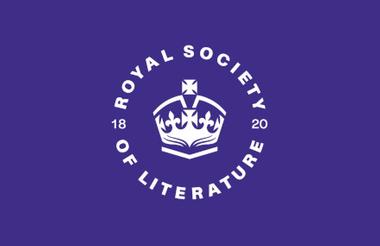A former chair of the Royal Society of Literature (RSL) has criticised the charity for its actions in an ongoing dispute around censorship.
The charity has filed a serious incident report with the Charity Commission over the disagreement with its writer fellows, which escalated when its annual literary review was postponed in December.
RSL’s former magazine editor Maggie Fergusson, who left the same month, reportedly wrote in an email that the publication delay had been due to comments made in one article about the conflict in the Middle East.
The charity was also previously criticised after it allegedly denied undertaking an event of readings in support of author Salman Rushdie after he was stabbed in 2022.
Writers including former chair Lisa Appignanesi are reportedly considering resigning their fellowships of the charity.
RSL published a statement last week saying “it does not condone or practise censorship” and that it had condemned the attack on Rushdie.
‘A pernicious process’
Appignanesi was chair of RSL from 2016 and was succeeded by poet Daljit Nagra in 2021.
In an article for the New Statesman, Appignanesi wrote that the charity had “failed us” and that censorship was undermining its mission.
On the delayed annual review, which RSL has said will be published by the end of March without any changes to the content, Appignanesi said complaints made to the charity were replied to with asks to cease and desist or to file complaints via its website, with “tones of legal menace”.
She wrote that the dispute at the RSL was an example of the “language of the culture wars” disguising “our worst coercive and managerial tendencies”.
“It’s a pernicious process squeezing perception into simplified antagonistic categories – old vs young, white vs diverse – and enforcing a bureaucratic rule-bound censoriousness,” she wrote.
“This is hardly calculated to make a fellowship of writers, ever a multifarious and outspoken lot, feel sanguine about their elected or administering cohort.”
RSL told Civil Society that its council reviewed claims of threatening behaviour and found that “in fact, the RSL executive and some members of the council have been the victim of such threats, not perpetrators”.
It also said that the cease and desist request referenced was from an email between fellows and did not come from anyone on the RSL council or management team.
A Charity Commission spokesperson said: “We can confirm that in line with our guidance, the Royal Society of Literature has filed a serious incident report relating to recent press coverage. We are currently engaging with the trustees.”












